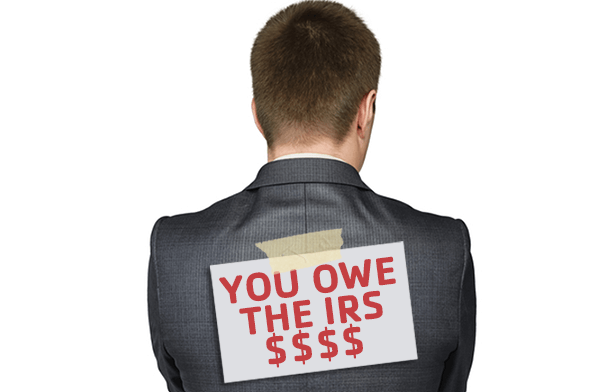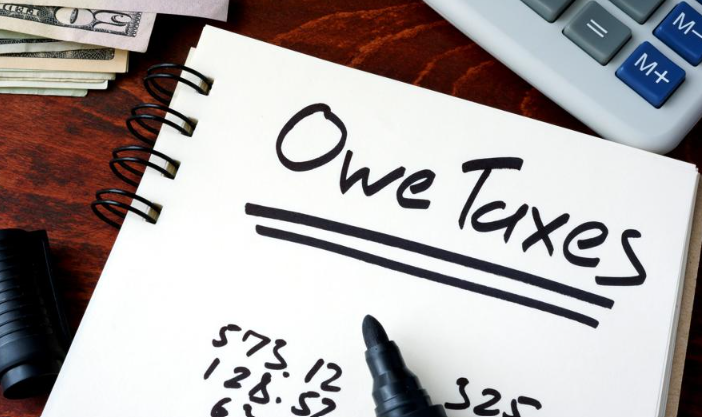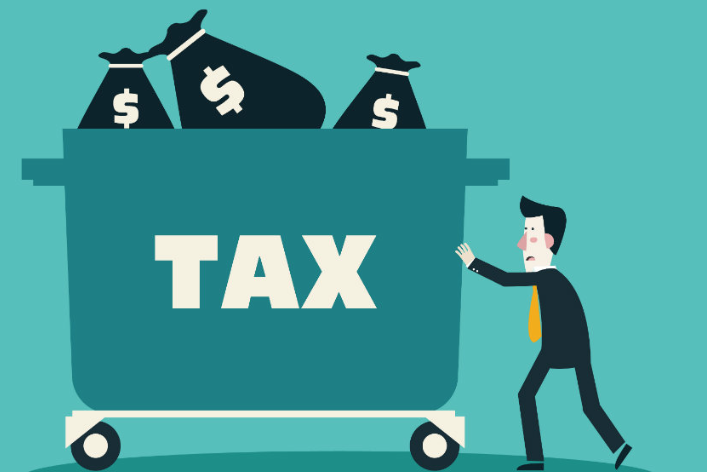
Setting up a repayment plan is crucial as soon as you realize you have unpaid taxes. Have you known that you owe the IRS?
The most important thing for a taxpayer to do in order to reduce penalties and costs associated with an IRS notification is to act immediately. Contacting the IRS often needs to be clarified and more manageable.
If you receive correspondence from the IRS about back taxes, follow these steps and use available resources to pay off your debt.
BOOK A FREE CONSULTATION NOW!
How Do I Know if I Owe the IRS?
You can find out if you owe taxes in several ways, including:
- An IRS notice is sent to you via the mail: If you owe taxes, you will receive a letter from the IRS. Remember that the IRS will not contact you via email, text message, or social media.
- Login to your IRS.gov tax account: Log in to your account on IRS.gov. You can view your tax records and make payments.
- Filing or reviewing tax returns: You can determine if you have back taxes by filing or amending your tax return for the previous year.
- Call the IRS for more information about your unpaid tax bill: It may be hard to get through, especially during the peak months of tax season.
The IRS backlog of millions of unprocessed tax returns accumulated after the COVID-19 pandemic made it difficult for some taxpayers to determine how much they owed and why. The IRS has hired thousands of new staffers with the money they received from the Inflation Reduction Act 2022. It caught up with its backlog but is still working to catch up with new tax returns. It has also resumed its full collection efforts after certain restrictions had been in place due to COVID-19. So millions of IRS bills have just gone out to those who still owe taxes.”
Do not ignore an IRS notice. It is a good idea to check your tax debt using the methods listed above. Once you are sure you have the right amount, you can take the appropriate action.

BOOK A FREE CONSULTATION NOW!
How Long Can You Owe the IRS?
The IRS usually has 10 years to collect back taxes from the date it first notified you. It also has three years to inform you of any taxes you owe (including extensions).
The 10-year clock begins on the day the tax was ‘assessed’ or ‘put on the books’.
The statute date may be extended by activity on a particular account, including bankruptcy, an appeal, filing a compromise offer, and so on.”
The IRS can take enforcement action if a tax bill is not paid for a long time. This may include a bank levy or a tax lien.
How to Pay off Your Tax Bill?
If you are unable to pay your entire tax bill immediately, there are options.
If you think you can pay for it with your credit card, you may do so.
The IRS offers different types of installment plans, and the interest rates are about 7%. “This is much better than credit card rates of 18% to 25 percent.”
You can satisfy your IRS debt in the following ways:
- You can apply for a monthly payment plan: You can repay your tax bill monthly. Interest will continue to accumulate while you are doing this.
- You can request an offer of compromise: You can settle your tax debt at a lower amount than you owe. The process begins with the filing of an application.
- Pay what you can and file your taxes: Since the penalty for failure to pay is greater than that of failure to file, it’s best to pay as much as you can. You can then work with the IRS on a payment schedule or speak to a professional tax advisor about your options.
- Request a hardship determination: You may be able to get a bank levy released if it is causing you financial hardship. An IRS hardship determination is made when it reviews your financial circumstances and determines you cannot pay any back taxes because of the current situation. This is because the IRS has determined the taxpayer’s expenses are greater than their income, and there are no assets to liquidate or borrow from. While in a status of hardship, penalties and interest will continue to accumulate.
IRS Offer of Compromise: All You Need to Know
It’s crucial to have a plan in place to avoid the IRS taking enforcement action.
Despite the IRS’s perception, it is easier to resolve IRS back taxes than you might think.
Most taxpayers who owe back taxes can set up an affordable payment plan or get approval for financial hardship from the IRS. This allows them to put their back taxes on hold until their finances improve. Other taxpayers may be eligible for a tax settlement, penalty removal, or other types of resolution.

Summing Up!
You can check the status of your taxes by checking your IRS mail notices or by logging in to your IRS.gov Account, looking at past tax returns, and calling the IRS. The IRS offers a variety of repayment options such as installment payments, offers in compromise, and hardship determinations. Ignoring IRS notifications can result in enforcement actions such as bank levies. It is important to take action quickly to reduce penalties and settle tax debts, especially if you owe the IRS.
Don’t delay if you have received an IRS notice or owe taxes. Tenina Law can help you navigate IRS debts and find a solution that fits your financial situation. Contact us today! Our team of experienced professionals will help you create a plan to resolve your tax problems quickly and efficiently.






